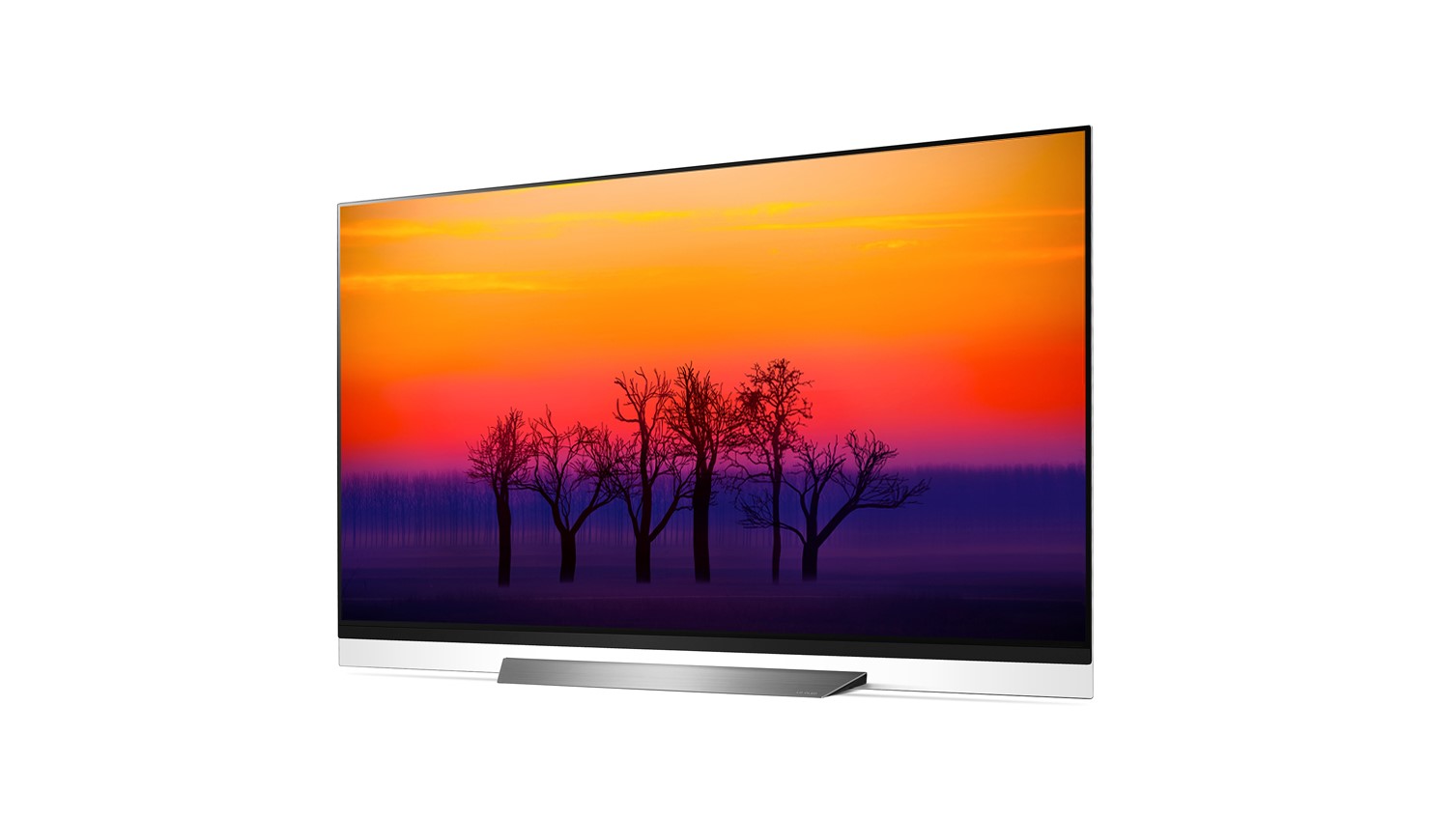Amazon Alexa arrives on LG’s AI-enabled TVs
OLED TVs and SUPER UHD TVs will get the voice assistant

LG has launched the SmartThinQ Skill for Amazon Alexa, which means a number of the company’s latest TVs are now compatible with Alexa-enabled devices.
The collaboration between LG and Amazon means television models including the 2018 LG OLED TVs and LG SUPER UHD TVs with LG’s AI ThinQ technology can now be controlled with voice commands to any Alexa device, from the Echo Plus to the Echo Dot.
Those with one of the compatible models will be able to ask Alexa to carry out all of the tasks you’d expect you’d need for a TV, including adjusting volume, play, pause, start, stop, fast forward controls, channel selection and searching for content.
For example, you can now say, “Alexa, turn down the volume on my living room TV” or “Alexa, change the channel on my bedroom TV to Sky One.”
The Alexa Skill also means you’ll be able to open up LG's webOS Smart TV apps as well, so you can now say, “Alexa, ask LG to launch YouTube on my kitchen TV.”
Alexa, change the channel!
But LG isn’t the first television manufacturer to team up with Alexa.
Some of Sony's TVs have Alexa integration and you can use an Echo to turn your TV on and off, change its channel, and control volume. Also, Amazon users can control their Fire TV devices with an Echo and the functionality also works with TVs that have Amazon’s Fire TV software built-in.
Sign up for breaking news, reviews, opinion, top tech deals, and more.
Because the functionality to control a television works through Alexa’s Smart Home Skill API, we can expect more TV manufacturers will work on enabling the functionality in the near future.
Just as LG isn't the only TV manufacturer to get Alexa, Alexa isn't the only smart assistant making a play for your TV. LG announced a similar software update at the beginning of May 2018 to bring Google Assistant to its 2018 OLED and Super UHD TV range.

Becca is a contributor to TechRadar, a freelance journalist and author. She’s been writing about consumer tech and popular science for more than ten years, covering all kinds of topics, including why robots have eyes and whether we’ll experience the overview effect one day. She’s particularly interested in VR/AR, wearables, digital health, space tech and chatting to experts and academics about the future. She’s contributed to TechRadar, T3, Wired, New Scientist, The Guardian, Inverse and many more. Her first book, Screen Time, came out in January 2021 with Bonnier Books. She loves science-fiction, brutalist architecture, and spending too much time floating through space in virtual reality.